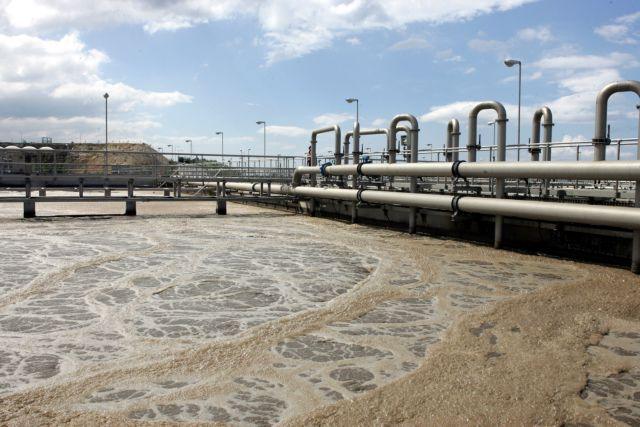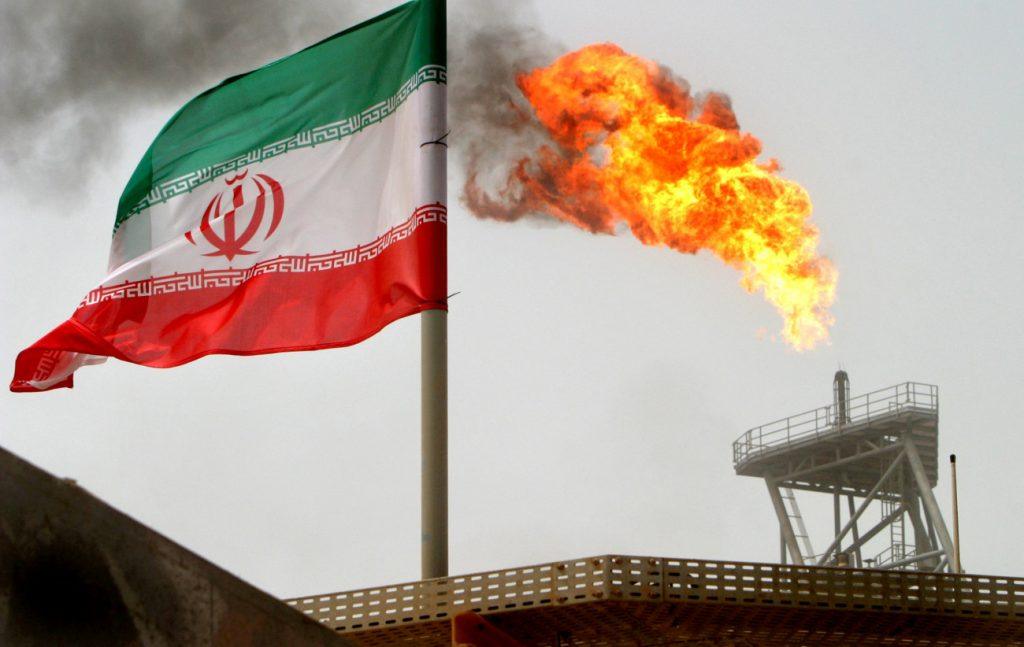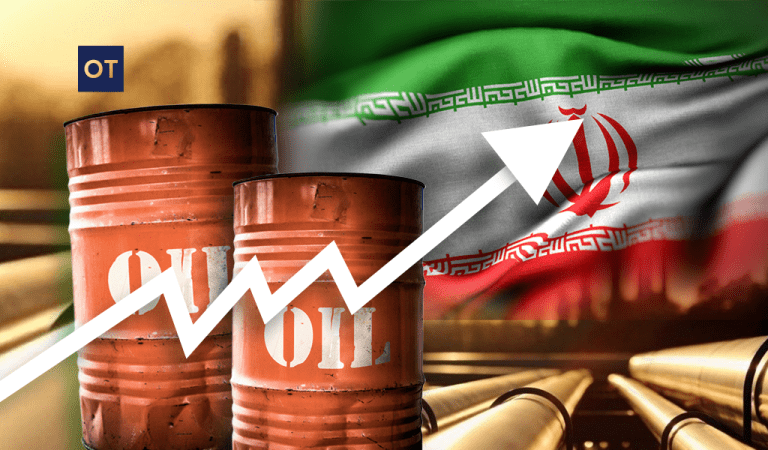The year 2024 proved to be exceptionally turbulent, with unpredictable, sometimes irrational, and hard-to-explain political developments—an apparent result of the new era, new norms, and unique conditions prevailing on the global stage over the past several years.
The two major war fronts, in Ukraine and the Middle East, remained active and yielded decisive events for the future. Many uncertainties from ongoing geopolitical shifts persisted, posing significant threats to global security and economic stability.
For Greece, a country that is just getting back on its feet after 15 years of crisis, the challenge will be to stay the course of recovery and growth in an increasingly unstable world.
Ukraine’s Stalemate and Rising Threats
By the end of 2024, Ukraine was retreating under Russian aggression and superiority. Its summer counteroffensive on Russian territory in the Kursk region failed to secure the anticipated territorial gains that could have strengthened its negotiation position. Instead, it provoked a more aggressive Russia, which tested new intercontinental weapons and declared its willingness to take unthinkable measures, including a nuclear strike on Kyiv, if threatened.
Western support is no longer unlimited. Both Americans and Europeans hesitate to provide Zelensky with more weapons and funds, straining Ukraine’s leadership and leaving everything hanging by a thread.
Despite the Eastern Europeans’ and Scandinavians’ fears, who view Russian aggression as highly significant and threatening, Ukraine’s leadership is likely to be dragged into an uneven negotiation in 2025, leading to territorial losses.
Middle East: Israel’s Aggression and Regional Power Shifts
In the Middle East, developments were defined by Israel’s intense and persistent offensives. Prime Minister Netanyahu’s superior military machine insisted on the near-total destruction of Gaza and the eradication of Hamas. It also neutralized thousands of Hezbollah fighters in Lebanon and eliminated its leadership, freeing anti-Assad jihadist rebel forces and accelerating Assad’s nearly bloodless overthrow.
By the end of 2024, Damascus was under the control of the 2014 Arab Spring jihadist rebels. Erdogan emerged triumphant, with his Turkish allies treating Syria as a protectorate and seeking to eliminate Kurdish militias. They are also eyeing control of the maritime zone between Cyprus and Syria through an anticipated Exclusive Economic Zone (EEZ) agreement with Syria’s transitional government.
These rapid developments have left Iran’s theocratic regime with little influence in the Middle East. From its “Axis of Resistance,” only the audacious Houthis in Yemen remain active, and they, too, face imminent destruction.
Israel is now moving toward an agreement with Hamas’ remnants in Gaza, securing its northern borders by deploying forces in southern Lebanon and the Golan Heights, and, alongside its American allies, pursuing the prospect of a Kurdish state in the region between Syria, Iraq, and Turkey.
Europe’s Inertia and Challenges
In this volatile geopolitical landscape, Europe remained largely passive, trapped between the possibility of war escalation and the ongoing energy crisis stemming from Russia’s invasion of Ukraine in 2022.
The European economy continued to struggle with the almost utopian green transition, which impacted competitiveness and reduced production capacity, putting immense pressure on societies that once thrived. Europe’s influence on global developments remains limited, if not non-existent.
The November 2024 victory of Donald Trump’s neo-conservatives in the United States further complicated matters. As often noted by The Economist, the newly elected American leadership—with its irrational and anti-systemic ideas—will have a global impact, particularly on Europe.
The “America First” doctrine’s mix of protectionism and assertiveness will test geopolitical conditions and international economic relations.
Europe in 2025 is likely to face defense gaps and competitiveness deficits, requiring enormous resources to address—resources that may need to be sourced through common debt or national budgets, as former ECB President Mario Draghi has suggested. However, current European leadership is weak and challenged by ethno-populist forces supported by Trump and Elon Musk, who increasingly intervenes in European politics.
Greece’s Place in a Shifting World
Amid this unstable geopolitical and economic environment, Greece, while more stable than in the past, remains vulnerable to external influences.
The country’s prospects for 2025 depend heavily on its 2024 performance, though nothing guarantees continuity. As a friend often says, “The world now moves irrationally, as if its foundations have collapsed. Interpretative tools are insufficient, leaving us with uncertain and largely unpredictable times.”
Source: tovima.com
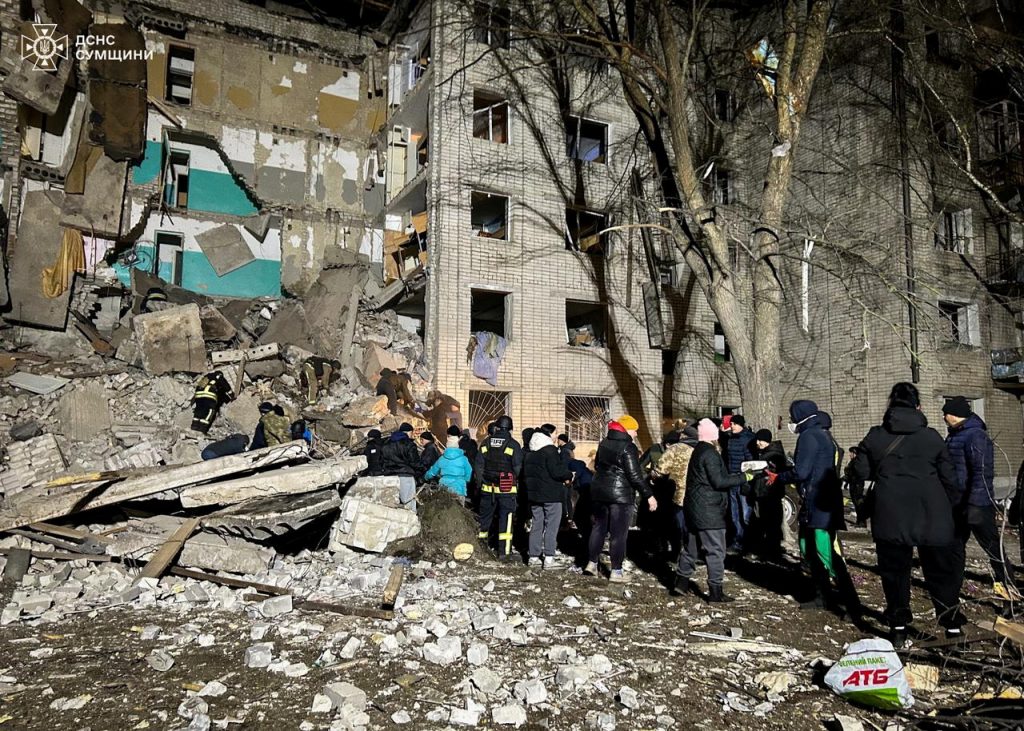

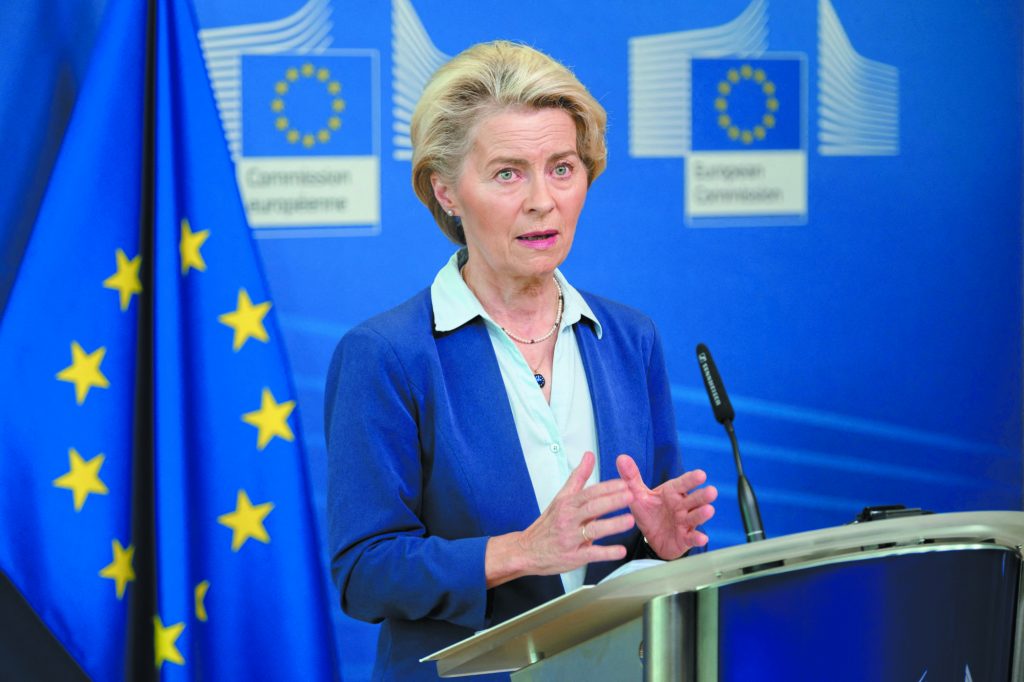
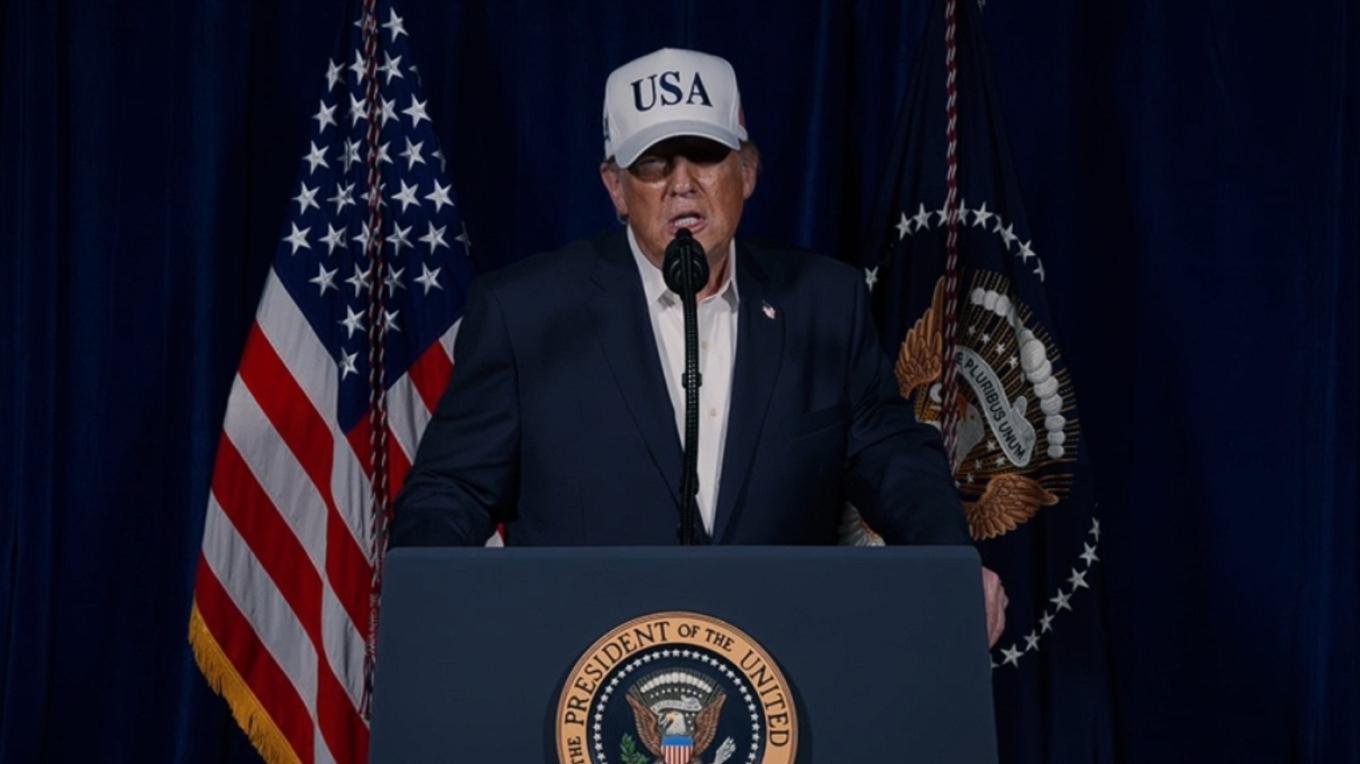


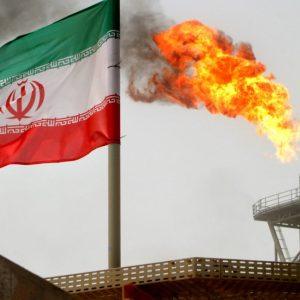

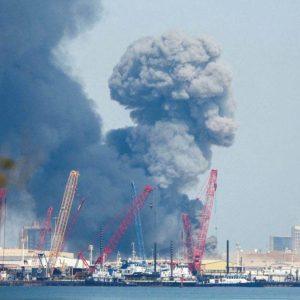
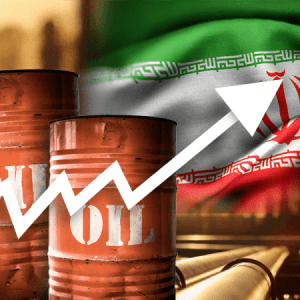

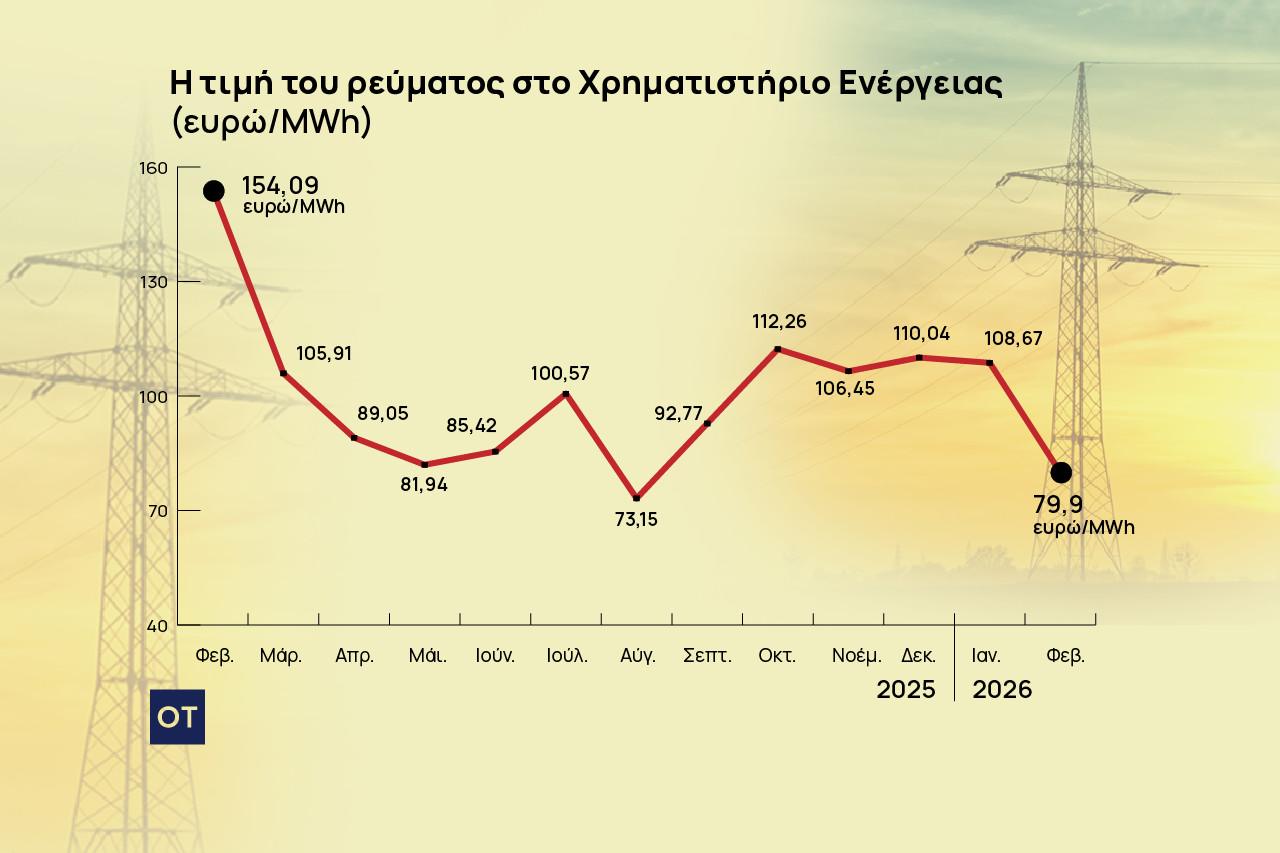





![Ακίνητα: Η έκπληξη της Θεσσαλονίκης στο real estate [πίνακες]](https://www.ot.gr/wp-content/uploads/2026/01/Thessaloniki-White-Tower-film-1024x576-1.jpg)
